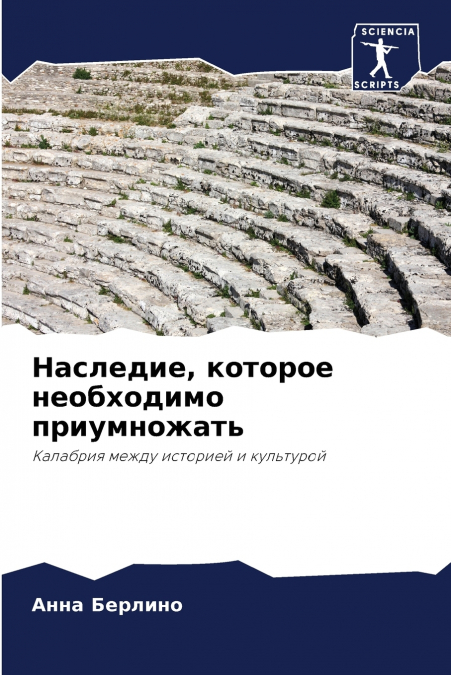
Анна Берлино
Культурное наследие - это совокупность памятников, зданий, произведений, местных традиций, связанных с территорией, которая его породила, и как таковое оно представляет собой богатство страны как с культурной, так и с экономической точки зрения, предназначенное для общего пользования. Понятие 'наследие' уходит корнями в латинский язык: термин patrimonium, по сути, обозначал богатство, унаследованное отцом семейства. Уже в римские времена возникла концепция охраны наследия, и на протяжении веков этой задачей занимались многие выдающиеся личности, в том числе Петрарка и Рафаэль Санцио. В этом томе мы хотели бы представить краткий обзор некоторых археологических памятников Калабрии, относящихся к доисторической, греческой и римской эпохам, с целью распространения информации об их существовании и повышения осведомленности людей. Понятие 'наследие' также рассматривается в широком смысле, начиная с его возникновения и кратко прослеживая этапы, способствовавшие созданию законодательной базы, обеспечивающей защиту культурного наследия в настоящее время.